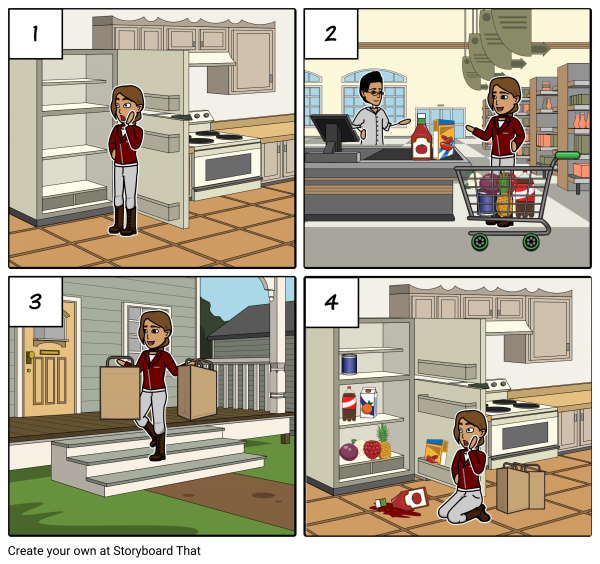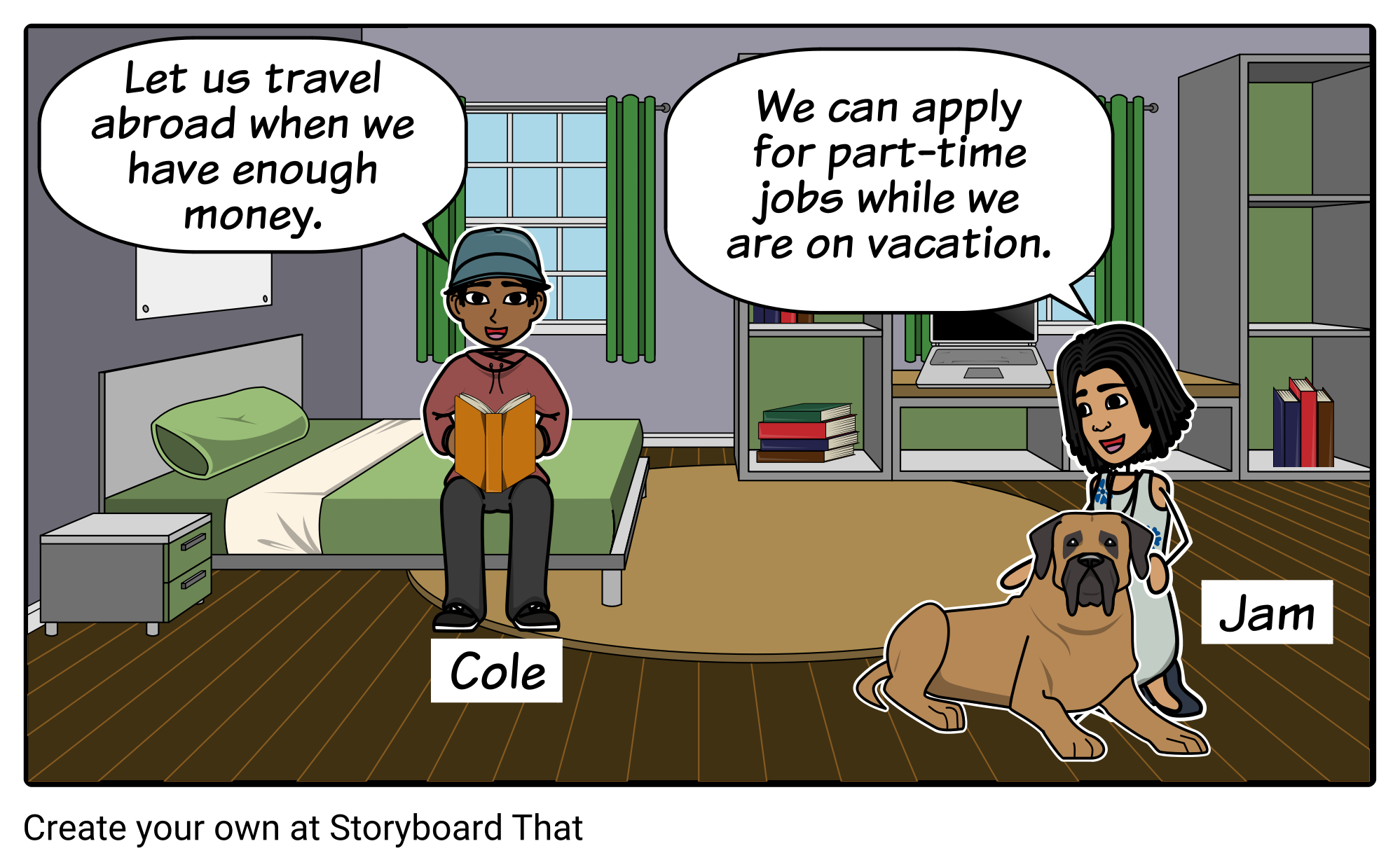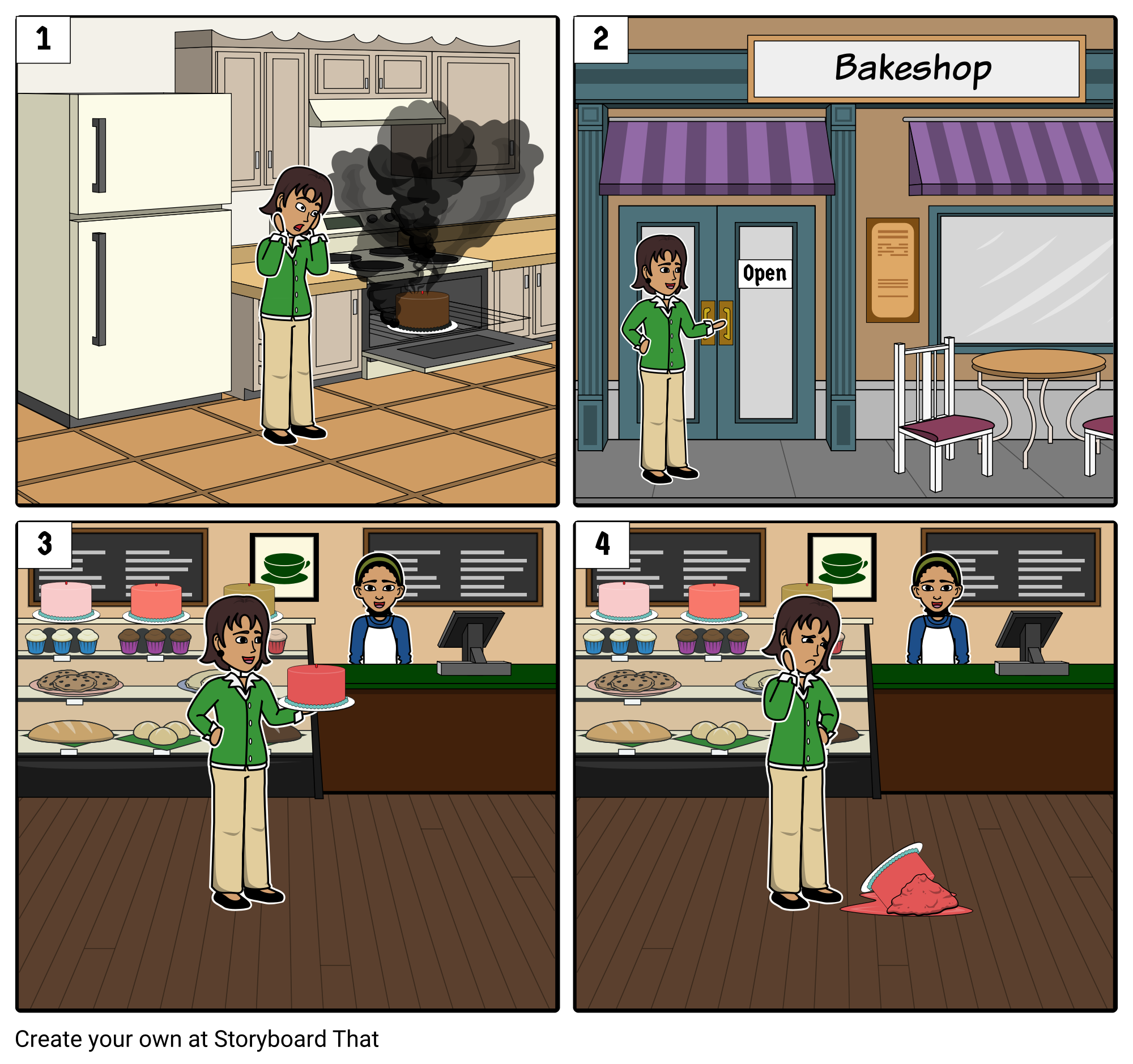Saving Stray Animals
There are about 82,902 stray cats and dogs that are being put to sleep every year in Japan. This is to control their growing population. However, a doctor from Kumamoto City believes that putting these animals to sleep does not solve the real problem. Because of that, he started a project that aims to sterilize at least 2,000 stray cats and dogs per week. This method decreases the chance of female cats getting pregnant since they no longer feel the need to seek out mates. This also reduces their risk of getting diseases. He also mentioned that stray dogs and cats will get proper medical attention they need such as treating their wounds.
| 1. | How many stray cats and dogs are being put to sleep every year in Japan? |
| Answer: | |
| 2. | What is their reason for putting stray cats and dogs to sleep? |
| Answer: | |
| 3. | What project did the doctor from Kumamoto city start? |
| Answer: |
| Words and Expressions | Sample Sentences |
| stray | |
| population | |
| project | |
| method | |
| seek out |
| 1. | Do you think all pople should have a pet? |
| Answer: | |
| 2. | Are there any stray animals in your city? |
| Answer: | |
| 3. | Would you consider taking care of a stray animal? |
| Answer: | |
| 4. | Would you consider adopting animals from an animal shelter? |
| Answer: | |
| 5. | Why do you think some people do not want to have a pet? |
| Answer: | |
| 6. | What do you feel whenever you see a stray animal? |
| Answer: | |
| 7. | As a student, how can you help stray animals? |
| Answer: |



 GOOD
GOOD 







